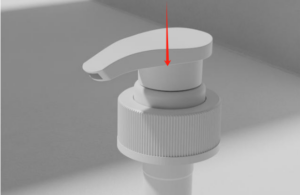What happens if I use a thicker oil in the engine?
Oil Use: We often wonder if it is safe to use a thicker or thinner oil than recommended by their engine manufacturer. Por ejemplo, a common question is whether it is safe to use a 10W-30 oil instead of a 5W-30 oil.
Let’s look at two examples to illustrate.
Mike bought a new car that needed 0W-20 oil. He often worked with gear heads and had heard the old adage that “higher viscosity oil equals better wear protection.”
To give his new car the best protection, he drained the factory-made 0W-20 oil and filled it with racing oil from the 15W-50.
John is next. He was a conservation fanatic, so he bought a 1998 Toyota Corolla. It needs 5W-30 oil. But he had some 10W-30s in the garage, so he used it to change the oil. There’s no point wasting good oil.
What happens when you use a thicker oil?
Poor lubrication:
Thicker oils may not be able to effectively lubricate individual moving parts inside the engine. Due to the higher viscosity, the oil becomes less fluid and cannot form an adequate lubricating film, resulting in increased friction between parts, which accelerates wear and damage.
Increased oil pressure:
Thicker oil may cause an increase in oil pressure when the engine is running. Excessive oil pressure places an unnecessary load on the engine’s sealing and pressure systems, increasing the risk of oil seal leaks and possibly causing damage to other related components.
Difficult starting:
Thicker oils are more viscous in colder temperatures, making it difficult to flow and lubricate quickly when the engine starts. This can lead to difficult engine starts, longer start-up times, and increased risk of engine wear.
Decreased power output:
Thicker oil increases internal friction and drag, which can lead to a decrease in engine power output. You may observe a lack of power, slower acceleration and reduced fuel economy.
Overheating problems:
Due to the poor flow of thicker oil, heat inside the engine may not be dispersed and dissipated efficiently. This can lead to engine overheating, increasing the risk of engine failure and potentially negatively impacting the long-term health of the engine.
Por lo tanto, to ensure proper engine operation and longevity, it is recommended that the proper oil viscosity be selected in accordance with the vehicle manufacturer’s recommendations and that the oil be changed regularly during the maintenance interval. Please consult a professional technician for more specific advice.





